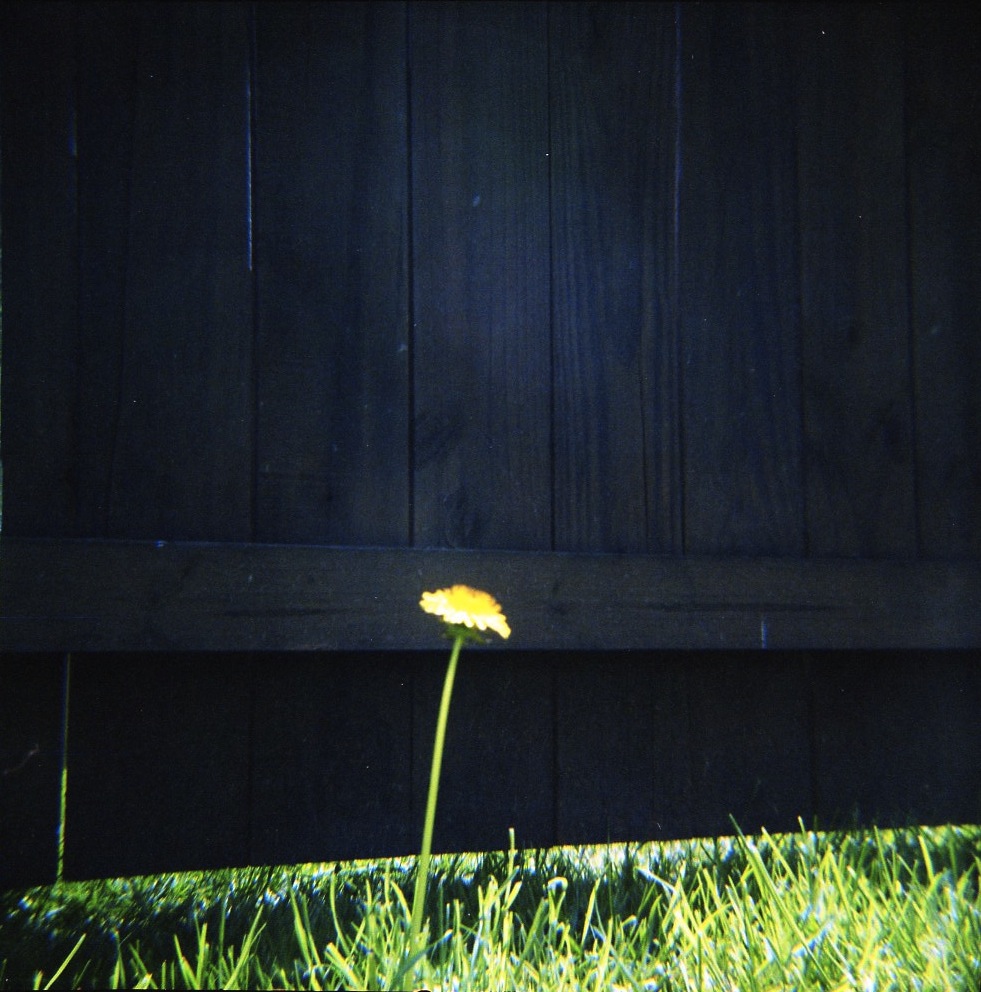Dealing with Feedback (In The Word Cellar)
 Wednesday, September 22, 2010 at 4:22PM
Wednesday, September 22, 2010 at 4:22PM Frog Creek Lodge, WA
One of the best things about getting feedback on my writing during grad school? Advisors who disagree with each other. Seriously.
** ** **
One essay, two opinions:
I love how the essay turns here and you start using the pronoun "you," almost as if you're guiding the reader through the landscape and giving them directions. I like the intimate feel of this.
*
I don't think the essay works as well here when you begin to address the reader as "you" and give them directions such as "If you walk here...." The tone changes and doesn't match the rest of the piece. You start to sound like a travel guide.
** ** **
These next comments refer to two different essays, but they highlight the two advisors' differing world views:
You're too hard on yourself in this portrayal. Don't hold yourself to such high standards!
*
You could probe more deeply into your own mistakes and shortcomings.
** ** **
See? Isn't that fun? (I should note that the above statements are paraphrasings, not direct quotes.)
** ** **
Each month, I send about 30 pages of writing to my grad school faculty advisor, who reads it and then offers feedback and suggestions on what's working and what could be working better. I'm in my third semester of this process, long enough to have had several different faculty members read some of the same pieces as I edit them. (I work with a new advisor each semester.) I respect all of these professors as writers, teachers, and scholars. These are smart, well-read, and wicked-good writers.
But I don't always agree with what they tell me. One of the best parts is that they don't always agree with each other. I love it when this happens, because it frees me to figure out what I think. Of course, I'm free to figure that out at any time, but receiving conflicting feedback is a great catalyst for this.
But what happens when multiple people say that something isn't working in a story? It's another invitation to figure out what I think. I step back and take a fresh look at the writing in question. I may decide that it's just the way I want it, feedback be damned! Or I may realize I need to tweak it to make it work better for readers. Or I may decide I need to rewrite or delete it completely.
Getting feedback on your work can be intimidating, nerve wracking, and downright maddening. But if you can take everything with a grain of salt (and maybe a shot of tequila with a squeeze of lime), you have the opportunity to see how readers respond to your work, which can be valuable.
Say you're in a workshop with fellow writers. If nobody in the room understands that your main character was a ghost, and you wanted readers to understand that your main character was a ghost, well, it's time to rethink how you present Ghosty.
If half the room gets Ghosty and half doesn't, then it's time to consider who you want to listen to. (You can set your own criteria for this. I like to side with whichever group has the better writers. Or whichever group has the most cool people in it. Either way.)
Receiving feedback on your work takes some getting used to. I recommend seeking out people who respect you and whom you respect. It's good if they're also kind. Even if I don't like the feedback someone gives me, I try to step back and see if there's any truth or merit in what they said. If there is, I take what I need from it and apply it to my work. If there isn't, I try to let go of it gracefully.
But here's the most important part: In the end you have to trust yourself and stay true to your vision. Some people will get it, and some won't. And that's just fine. So I say be open to feedback, but let your own voice be the one that guides you.
Want more writing tips? Join me in October and November for Alchemy: The Art & Craft of Writing, an online course for creative souls. Register by Sept. 30 to save $30!
In The Word Cellar runs on the second and fourth Wednesday of the month. Read other posts in the series here.
 in the word cellar,
in the word cellar,  writing,
writing,  writing tips
writing tips 



